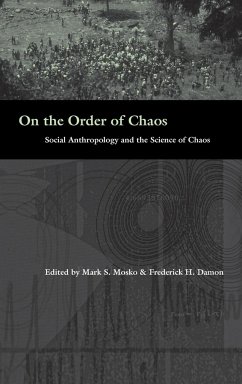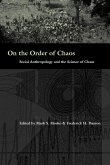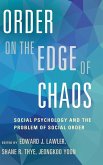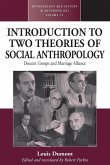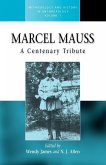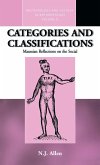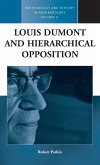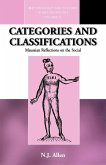Over the past two decades, "chaos theory" - the perception of order previously hidden in phenomena of apparent randomness and disorder - has fundamentally transformed the natural sciences. In recent years, numerous scholars in the social sciences and humanities have attempted to adapt the insights of chaos theory to their studies of human cultural and social systems. Several of the world's leading anthropologists, such as Roy Wagner, Marshall Sahlins, Marilyn Strathern, and Arjun Appadurai - have similarly drawn upon particular elements of chaos theory for their inspiration, but as yet there is no focused, comprehensive treatment of the applicability of chaos theory to anthropology's distinctive ethnographic and cross-cultural materials. This edited volume fills the gap, with both accessible theoretical discussions of chaos theory applications in anthropology and detailed ethnographic and historical illustrations from Africa and Melanesia.

